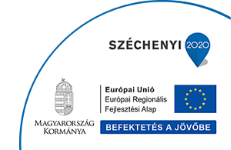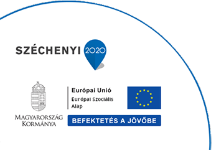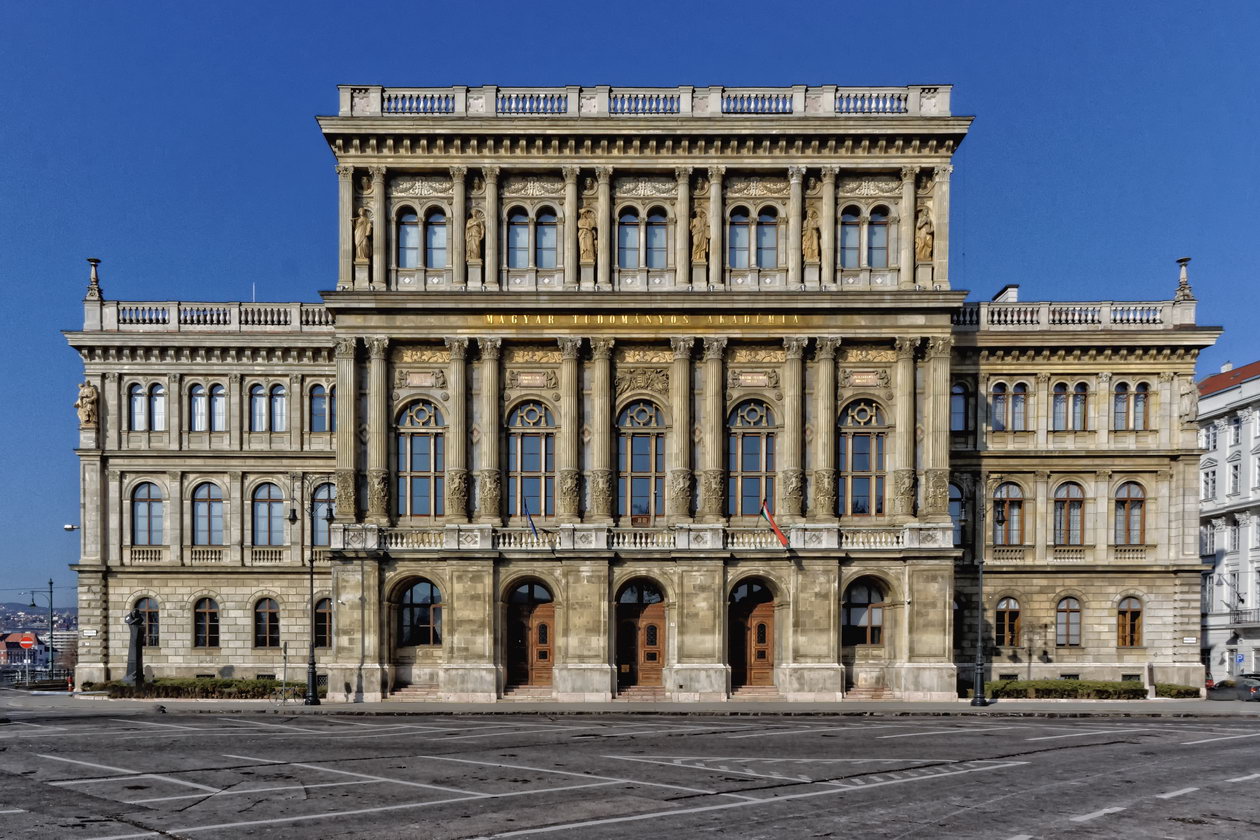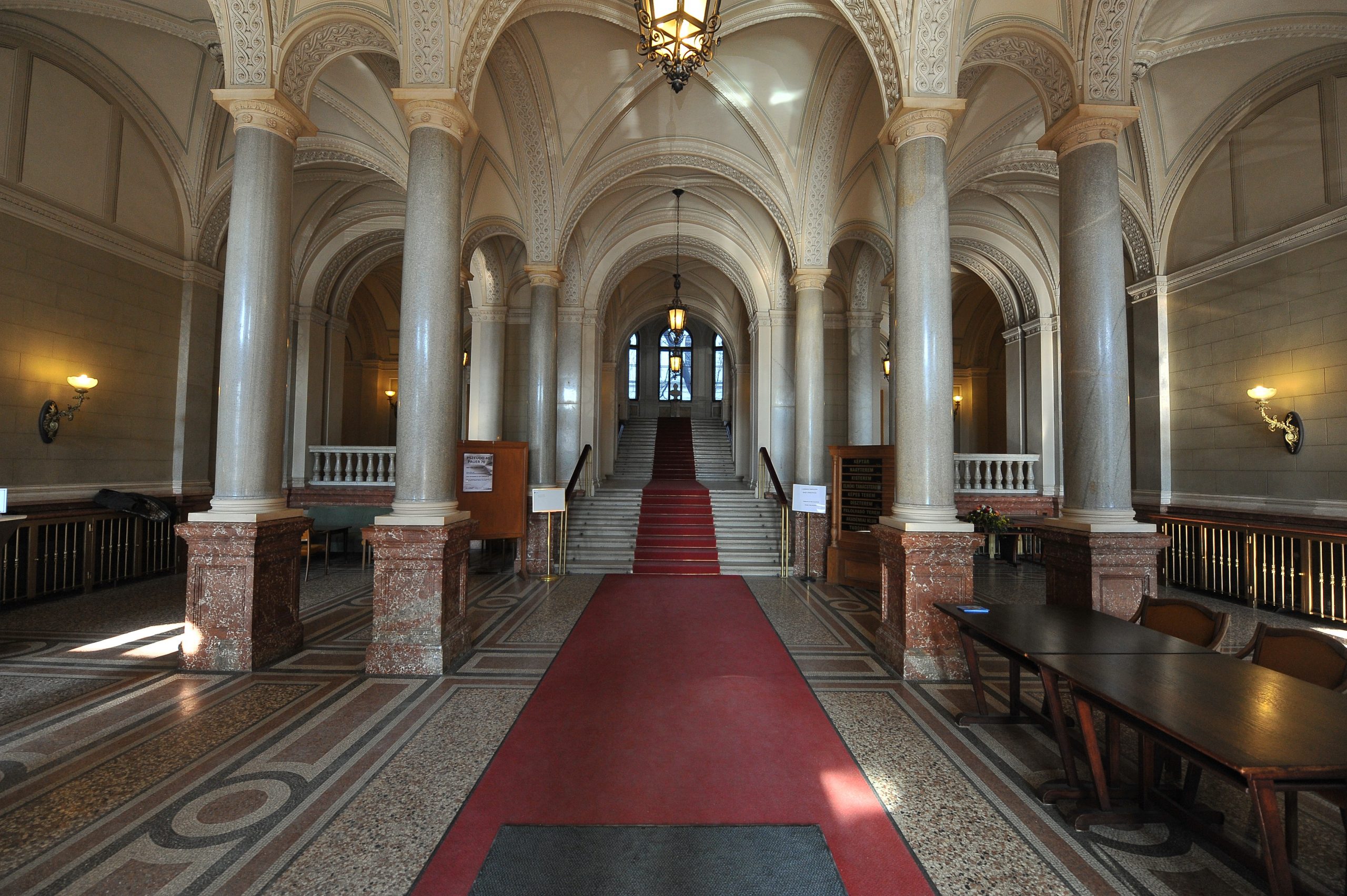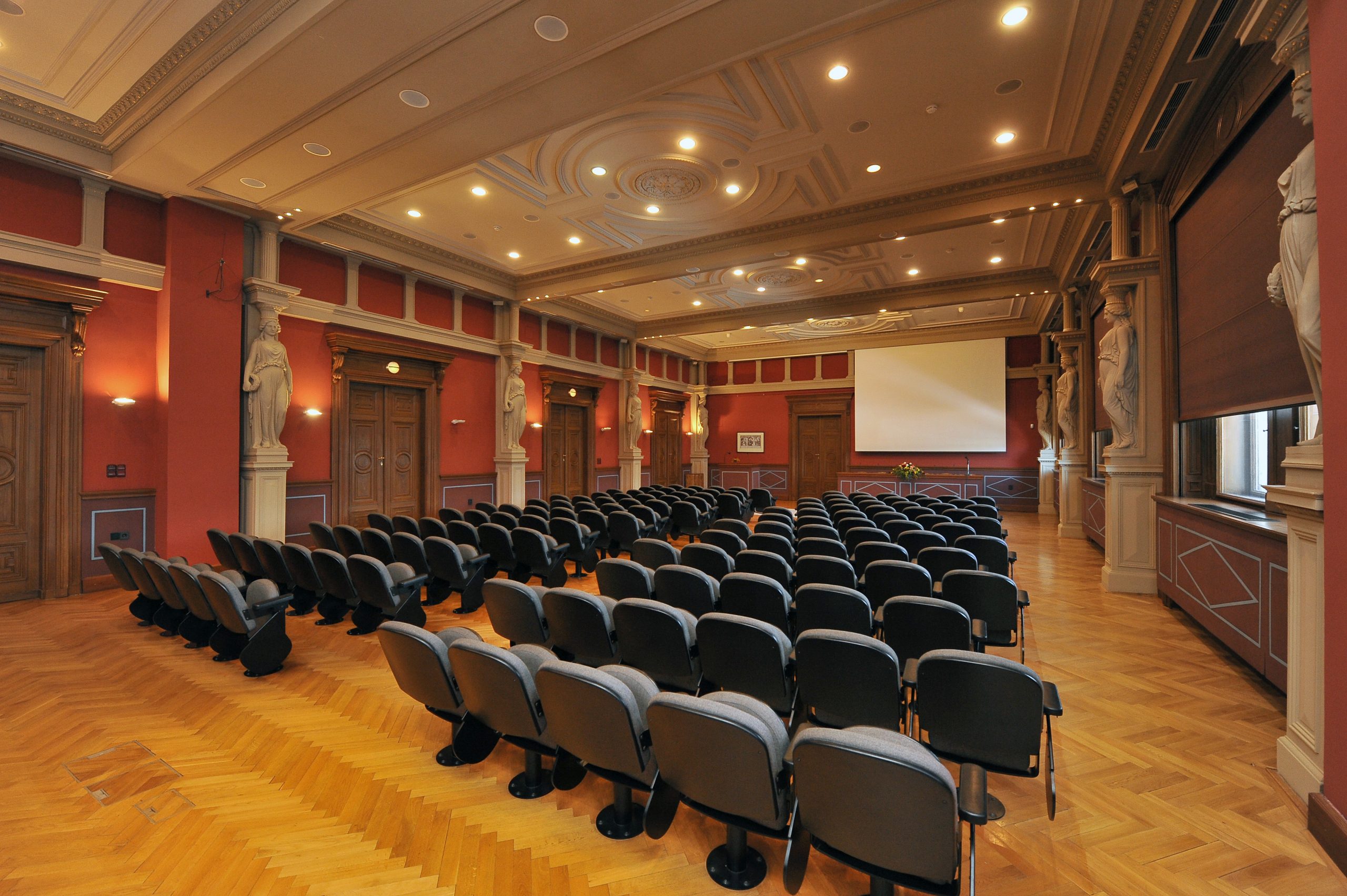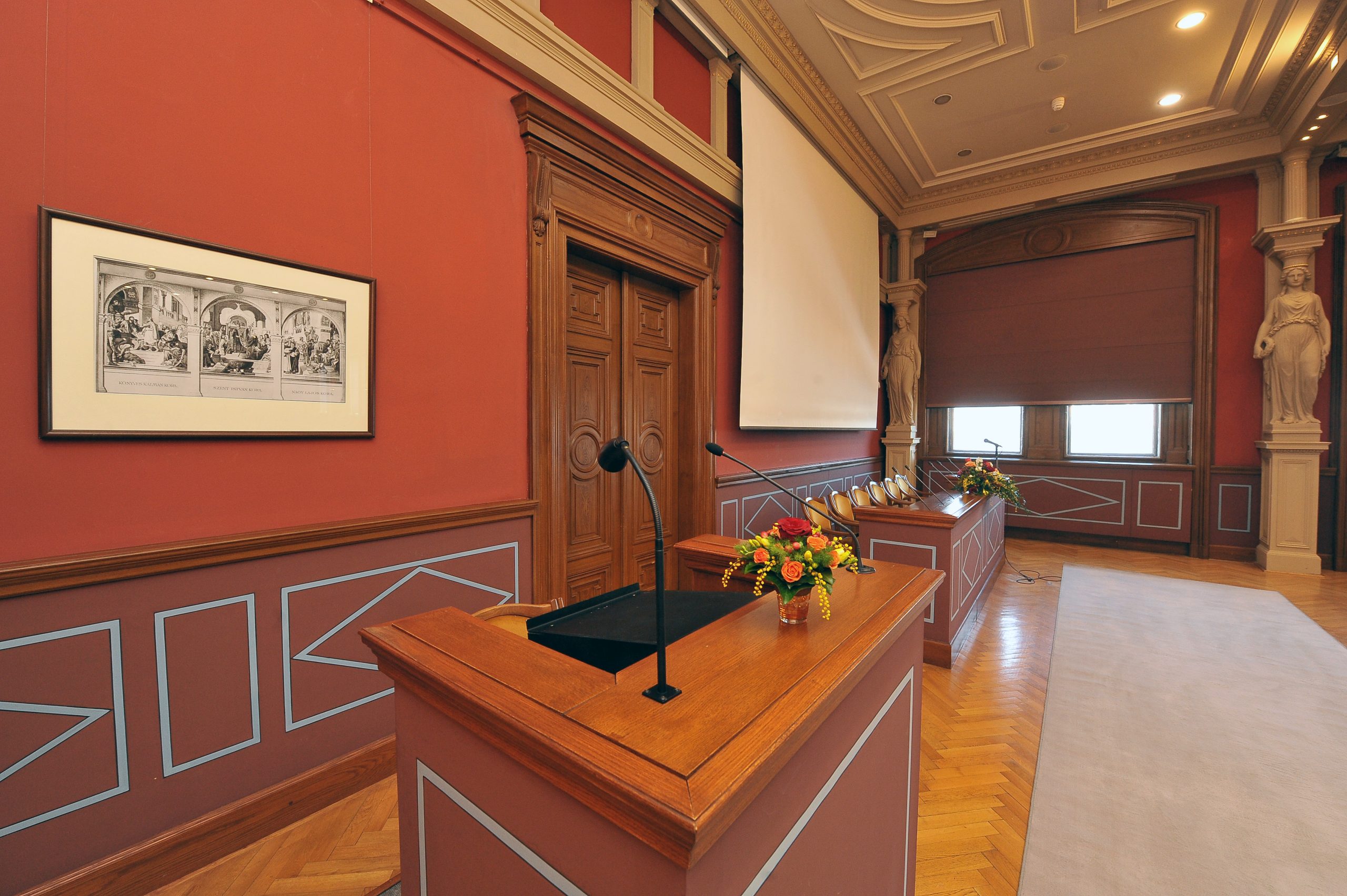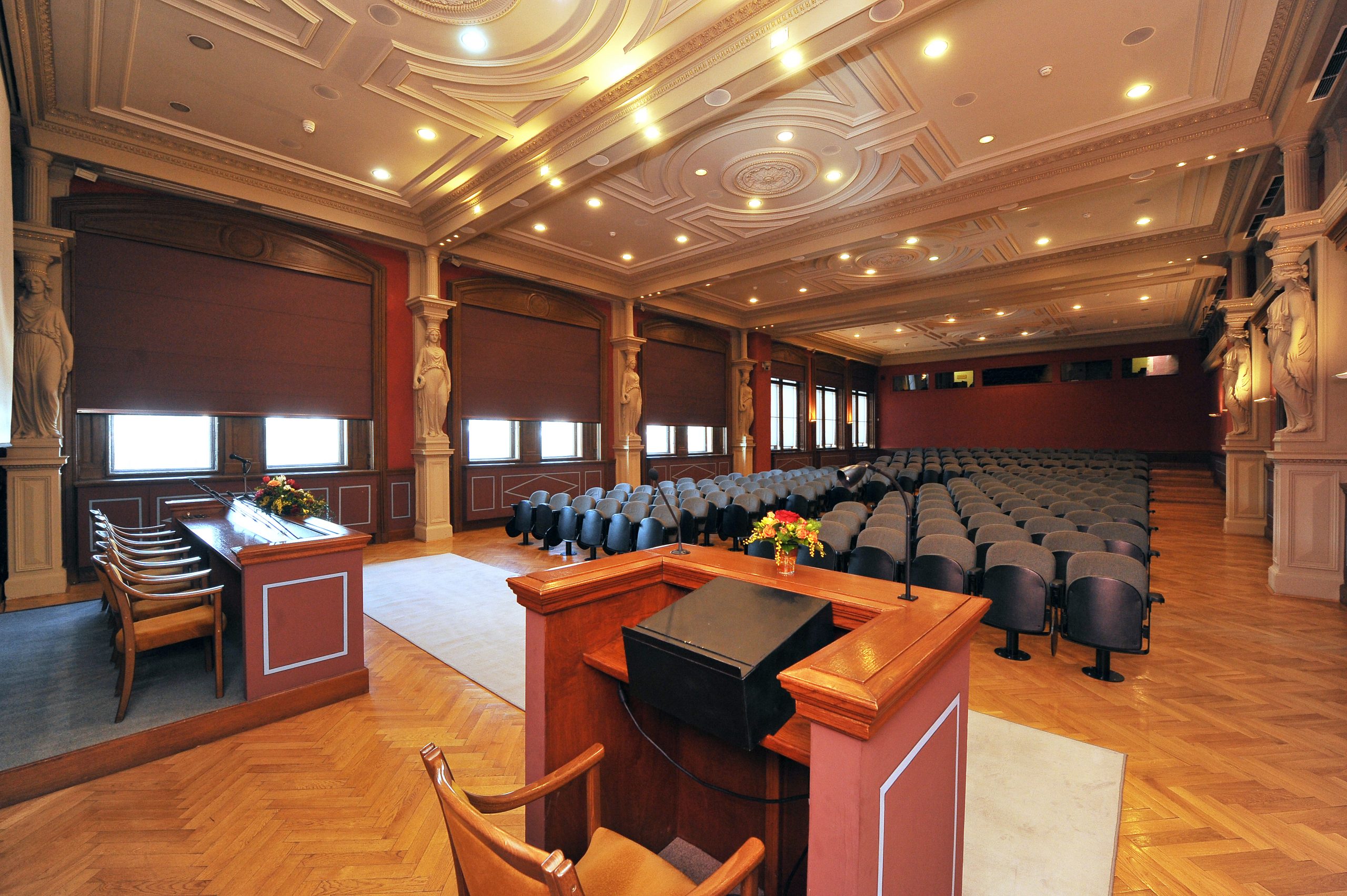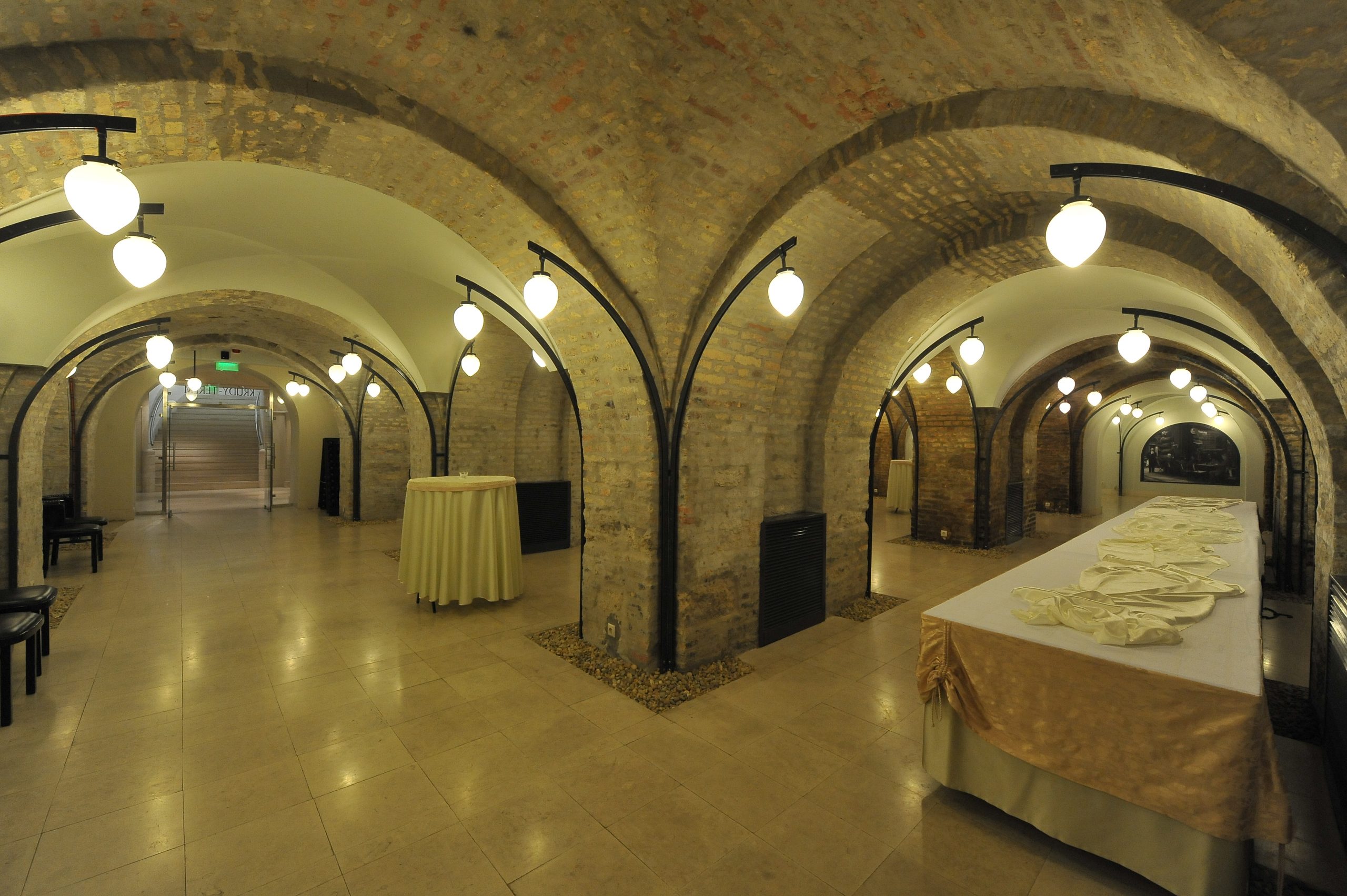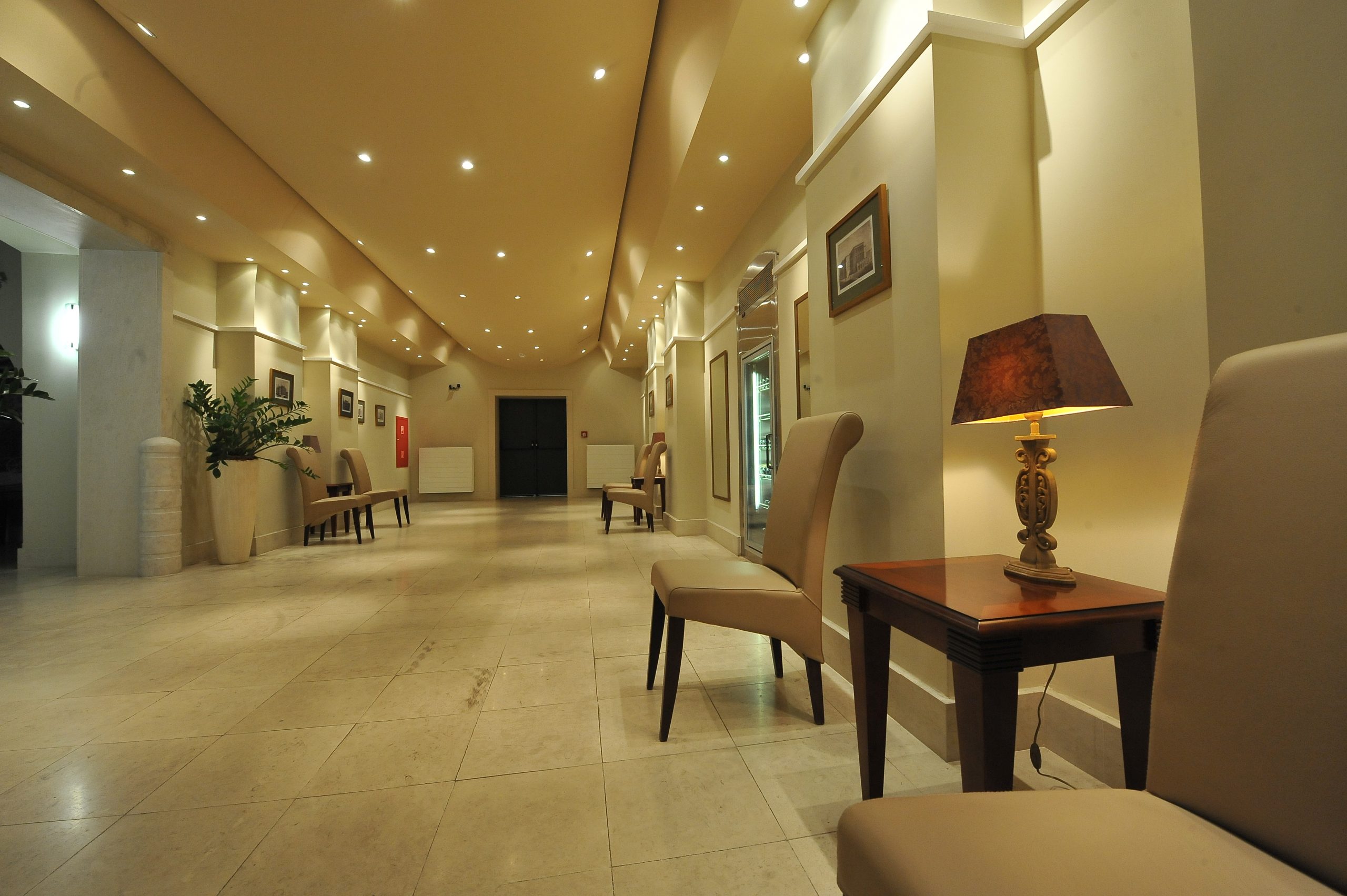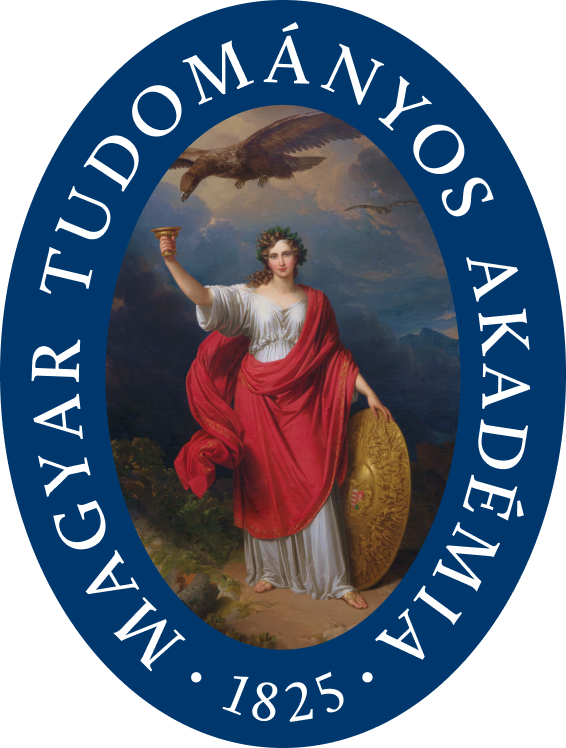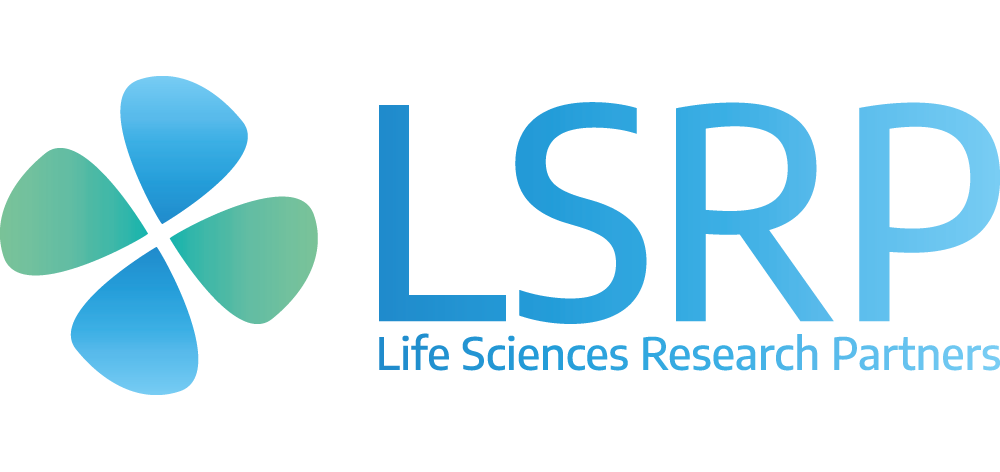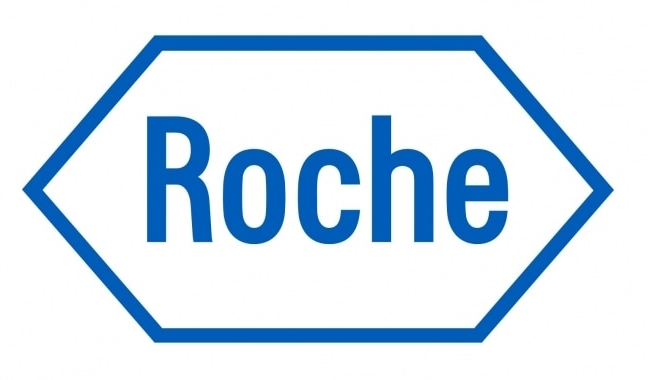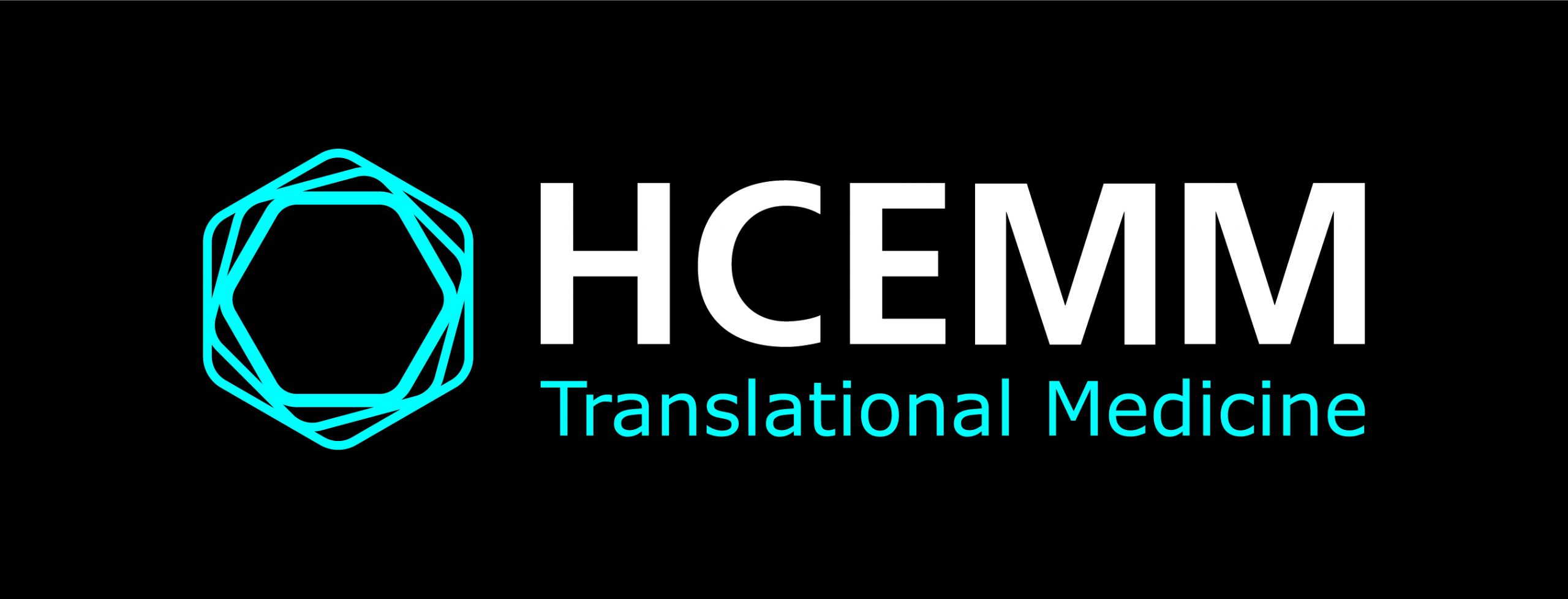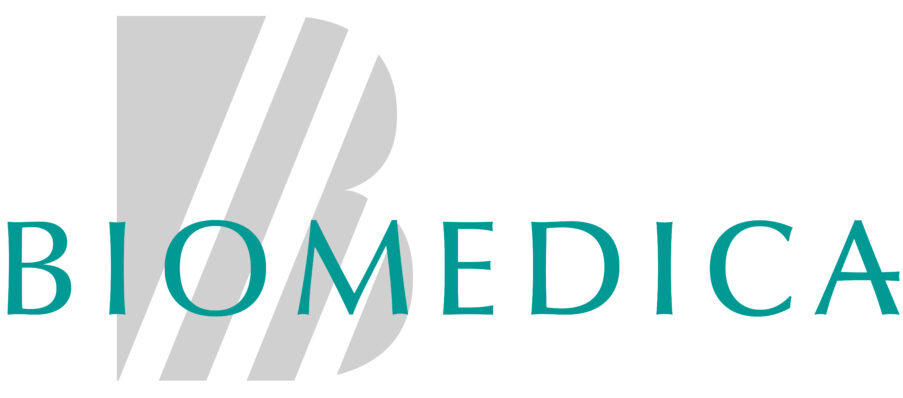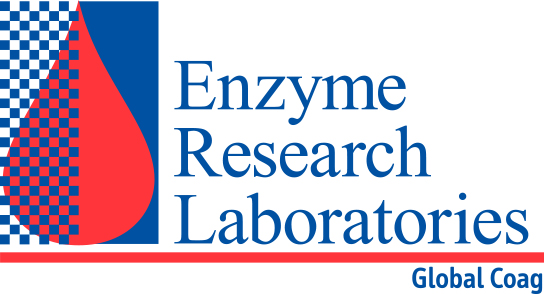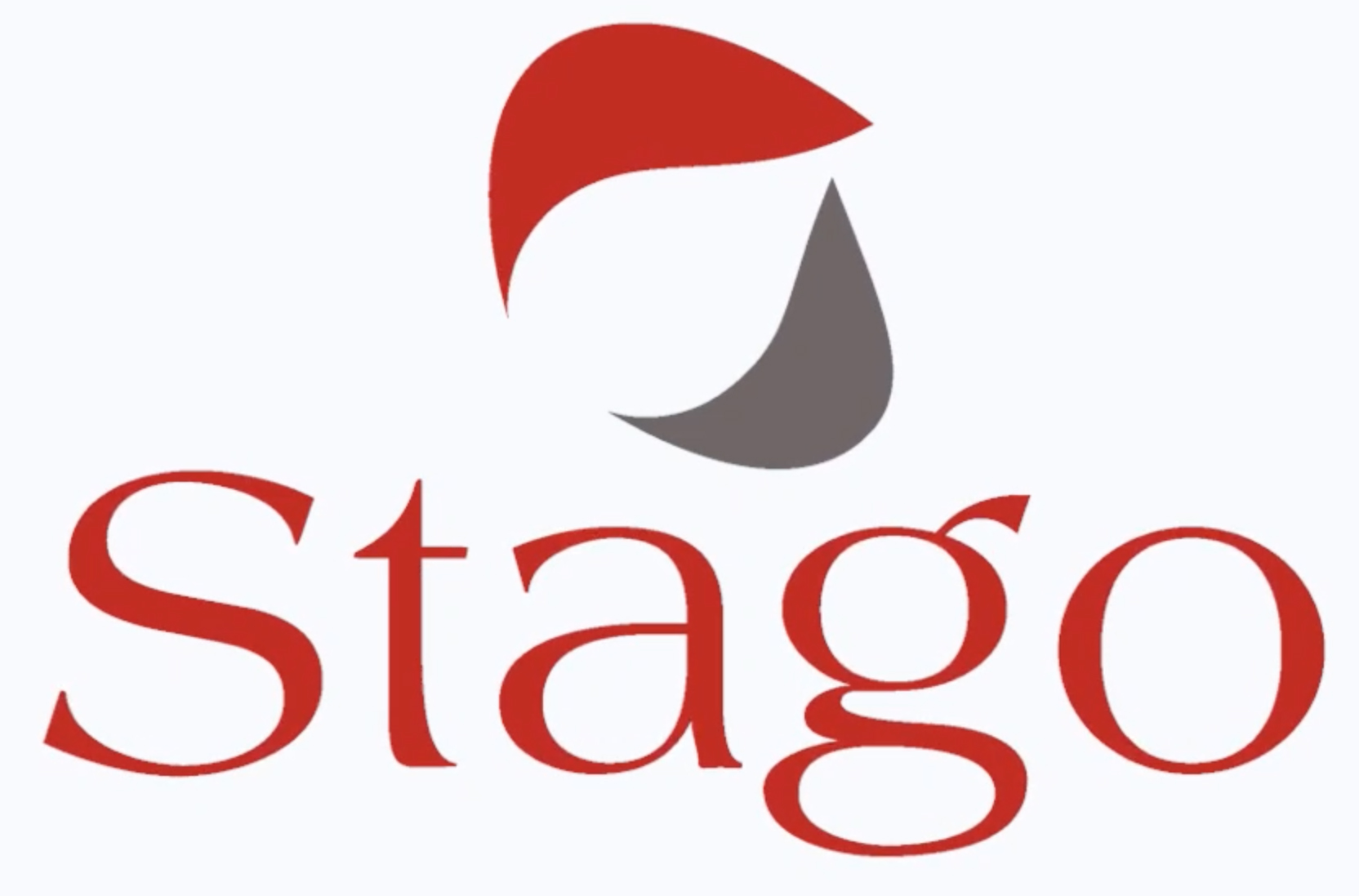26th congress of the ISFP&PA and Fibrinolysis workshop of the Hungarian Society of Thrombosis and Haemostasis
11-14 October, 2023, Budapest
Current international events / 26th congress of the ISFP&PA and Fibrinolysis workshop of the Hungarian Society of Thrombosis and Haemostasis
Dear Colleagues,
It is a great pleasure and honour for me to invite you to participate in the joint meeting of the International Society for Fibrinolysis and Proteolysis, the International Workshop on Molecular and Cellular Biology of Plasminogen Activation and the Hungarian Society of Thrombosis and Haemostasis, which will take place from October 11-14, 2023 in Budapest, the beautiful capital of Hungary.
The first international conference on fibrinolysis was organized in 1972 and since then the biennial meetings have contributed largely to establish and continuously expand the international network of clinical and basic researchers who are interested in studying the physiological and pathological aspects of fibrinolysis, plasminogen activation, and extracellular proteolysis. We hope that the 2023 meeting in Budapest will continue these long-lasting traditions and will facilitate the exchange of scientific ideas and discoveries between interested scientists with a mixture of invited state-of-the-art talks and presentations of original research results. As a co-organizer, the Hungarian Society of Thrombosis and Haemostasis strongly encourages the participation of researchers from the region of Central and Eastern Europe to promote their integration in the world-wide scientific network in this exciting research field.
I hope you will join us in Budapest to experience some Hungarian hospitality.

Professor Krasimir Kolev
President of the congress
International advisory board
- Katerina Akassoglou (United States)
- Dominik Draxler (Switzerland)
- Thomas Kietzmann (Germany)
- Paul Kim (Canada)
- Roger Lijnen (Belgium)
- Ton Lisman (The Netherlands)
- Colin Longstaff (United Kingdom)
- Robert Medcalf (Australia)
- Nicola Mutch (United Kingdom)
- Maria Patrizia Stoppelli (Italy)
- Urano Tetsumei (Japan)
Local organizing committee
- Nikolett Wohner, co-chair
- Zsuzsa Bagoly
- Zsuzsanna Bereczky
- János Kappelmayer
- Csongor Kiss
- Zsolt Oláh
- György Pfliegler
Travel
Regular flights are operated from Budapest to many European cities with convenient overseas connections. The travel is visa-free not only for EU citizens, but also for many other countries, including those where the majority of the ISFP members come from (UK, USA, Canada, Australia, Japan, for full list see the official website of the Hungarian Ministry of Foreign Affairs https://konzinfo.mfa.gov.hu/en/visa-free-travel-hungary ).
Sponsors
If you are interested to contribute as a sponsor, please contact the congress president at kolev.krasimir@semmelweis.hu e-mail.
Venue
The central building of the Hungarian Academy of Sciences, a prestigious site for scientific meetings in the central quarter of Budapest. 1051 Budapest, Széchenyi István tér 9.
You can register by clicking on the “Register” button above.
Registration fees in EUR:
| Registration type | Early (by July 31) |
Late (by September 30) |
On-site (October 11) |
| Non-member | 500 € | 600 € | 800 € |
| ISFP or HSTH (MTHT) member* | 400 € | 500 € | 600 € |
| Early-career** non-member | 400 € | 500 € | 600 € |
| Early-career** ISFP or HSTH (MTHT) member* | 300 € | 400 € | 500 € |
*Members in good standing for 2023 are eligible for this category.
**Resident, graduate student, postdoc (up to 5 years after PhD): a proof of status required. Please send it to the info@regio10.hu email address.
A limited number of daily tickets will be available on-site at 200 €/day.
Registration includes:
- Access to Scientific Sessions
- Access to Poster Sessions
- Access to Opening Reception (Oct. 11, 6:30 PM)
- Access to Networking Meeting (Oct. 12, 6:30 PM)
- Lunch on October 11th, 12th, 13th, 14th
- Coffee Breaks on each day of the Congress
Registration does NOT include access to the Gala Dinner (Oct. 13th, 7 PM), for which additional charge of 60 € applies.
Invited speakers
- Alisa Wolberg (USA): Assessing plasmin generation in health and disease
- Christopher Barrett (USA): Fibrinolysis and thrombolytic therapy in COVID-19 respiratory failure
- Evi Stavrou (USA): Structural insights and targeted abrogation of the Factor XII – uPAR axis in wound healing
- Hunter Moore (USA): The clinical relevance of differentiating hypofibrinolysis from fibrinolysis shutdown
- Ian Roberts (UK): The story of tranexamic acid: Clinical trials in acute severe bleeding
- Kimberly Martinod (Belgium): Pathogen-driven interplay of NETs and fibrin in the virulence of Staphylococcus aureus
- Laurent Mosnier (USA): TAFI and hemophilia
- Matthew Flick (USA): The plasminogen/fibrinogen axis in the pathogenesis of obesity and metabolic syndrome
- Michal Zabczyk (Poland): Altered fibrin clot structure and function in different clinical conditions
- Ruby Law (Australia): A critical role of plasminogen in infectious colitis
- Zoltán Prohászka (Hungary): Interplay of complement and haemostatic proteases in different clinical settings
- Zsuzsa Bagoly (Hungary): Markers of fibrinolysis predicting the outcome of thrombolysis treatment in acute ischemic stroke
Scientific categories:
- Animal models and imaging techniques in fibrinolysis research
- Bleeding related to fibrinolysis
- Extracellular vesicles and proteolysis
- Fibrinogen/fibrin and factor XIII
- Fibrinolysis and immunity
- Fibrinolysis and Infection/COVID-19
- Fibrinolysis-related laboratory diagnostics
- Inflammation-related proteolysis
- Interplay of plasminogen activation and the complement system
- NETs and fibrinolysis
- New insights into thrombolytic therapies
- Novel fibrinolytic therapeutics
- Perioperative/emergency investigation of fibrinolysis, viscoelasticity assays
- Plasminogen activation in neuroinflammation
- Proteolysis along the fibrin-von Willebrand factor axis
- Stroke-related aspects of plasminogen activators
- Tranexamic acid in different clinical settings
DOWNLOAD scientific programme, abstracts book (PDF) >>>
Wednesday, October 11
10:00-10:15
Greeting from the organizers
10:15-11:55
Oral session: Inflammation-related proteolysis. Interplay of plasminogen activation and the complement system
Chairs: Evi Stavrou and Zoltán Prohászka
10:15-10:50
Evi Stavrou (Case Western Reserve University School of Medicine, Cleveland, OH, US): Structural insights and targeted abrogation of the Factor XII – uPAR axis in wound healing
10:50-11:25
Zoltán Prohászka (Semmelweis University, Budapest, Hungary): Interplay of complement and haemostatic proteases in different clinical settings
11:25-11:45
Iolanda Camerino (Institute of Genetics and Biophysics, National Research Council, Naples, Italy): Modulation of glioblastoma-astrocytic cells interactions by urokinase-derived uPAcyclin decapeptide and relative variants
12:00-13:00 Lunch break
13:00-14:30
Oral session: Plasminogen and tranexamic acid in different clinical settings
Chairs: Ruby Law and Ian Roberts
13:00-13:35
Ruby Law (Monash University, Melbourne, Australia): A critical role of plasminogen in infectious colitis
13:35-14:10
Ian Roberts (London School of Hygiene & Tropical Medicine, London, UK): The story of tranexamic acid: Clinical trials in acute severe bleeding
14:10-14:30
Kristen A. Brown (University of Colorado, Denver, Colorado, USA): Physiologic correction of tranexamic reversible fibrinolysis occurs in the majority of normothermic regional perfusion donors within one hour of circulatory arrest
14:30-14:50
Kata Kalman (Semmelweis University, Budapest, Hungary): Monocyte-dependent antithrombotic effect of tranexamic acid
14:50-15:30 Coffee break
15:30-17:05
Oral session: Fibrin and fibrinolysis
Chairs: Alisa Wolberg and Zsuzsanna Bereczky
15:30-16:05
Alisa Wolberg (University of North Carolina, Chapel Hill, North Carolina, USA): Assessing plasmin generation in health and disease
16:05-16:25
Cédric Duval (University of Leeds, Leeds, United Kingdom): Thrombolysis is increased by EkoSonic Endovascular System via reduced fibrin fibre thickness and increased clot permeability
16:25-16:45
Stephanie A. Smith (University of Michigan, Ann Arbor, Mi, USA): Neutrophil serine proteases cleave fibrinogen to alter fibrin clot structure
16:45-17:05
Timea Feller (University of Leeds, Leeds, UK): The fibrin αC-region acts as a biomechanical “security latch” at high strains, but does not impact behaviour at low strain: implications for a new model of fibrin intrafibrillar structure
17:10-18:00 ISFP Council meeting
18:00-19:30 Opening Reception
Thursday, October 12
8:30-10:05
Oral session: Fibrin structure and function in physiology and pathology
Chairs: Christopher D. Barrett and Nicola Mutch
8:30-9:05
Christopher D. Barrett (University of Nebraska Medical Center, Omaha, Nebraska, USA): Fibrinolysis and thrombolytic therapy in COVID-19 respiratory failure
9:05-9:25
Volodymyr Chernyshenko (Palladin Institute of biochemistry of NAS of Ukraine, Kyiv, Ukraine): Limited proteolysis reveals fibrinogen structure
9:25-9:45
János Kappelmayer (University of Debrecen, Debrecen, Hungary): Low factor XIII levels and altered fibrinolysis in patients with multiple myeloma
9:45-10:05
Ali Aftabjahani (McMaster University, Hamilton, Canada): Fibrinogen αC domain is required for fibrinolysis up-regulation on thrombin-activated platelets
10:05-10:45 Coffee break
10:45-12:20
Oral session: Fibrinolysis at the interface of immunity and infection
Chairs: Kimberly Martinod and Paul Kim
10:45-11:20
Kimberly Martinod (KU Leuven, Leuven, Belgium): Pathogen-driven interplay of NETs and fibrin in the virulence of Staphylococcus aureus
11:20-11:40
Anna Tanka-Salamon (Semmelweis University, Budapest, Hungary): Quantitative determination of neutrophil extracellular trap components in the systemic circulation of patients with arterial thrombosis and malignancy
11:40-12:00
Sara Zalghout (KU Leuven, Leuven, Belgium): Assessing the impact of staphyloccocal coagulases on in vitro NETs release and fibrinolysis in infective endocarditis
12:00-12:20
Erzsébet Komorowicz (Semmelweis University, Budapest, Hungary): Lytic and mechanical properties of fibrin formed by staphylocoagulase and co-polymerized with DNA and histones
12:20-13:15 Lunch break
13:15-13:45 Poster session
Tamás Árokszállási (University of Debrecen, Debrecen, Hungary): Acute alcohol consumption improves the outcome of intravenous thrombolysis treatment in acute ischemic stroke patients
Rita Orbán-Kálmándi (University of Debrecen, Debrecen, Hungary): Spontaneous delivery without post-partum complications in a patient with congenital dysfibrinogenemia and IVF (donor embryo transfer) pregnancy
Désirée Coen Herak (University of Zagreb, Zagreb, Croatia): Determinants of enhanced fibrinolysis in patients with hemophilia A and severe bleeding phenotype
Orr Zaacks (Monash University, Melbourne, Australia): Setting the stage to assess the efficacy of DNase-1 as an adjunctive treatment for thrombolysis
Éva Katona (University of Debrecen, Debrecen, Hungary): Incorporation of α2-plasmin inhibitor into plasma clots of patients with venous thrombosis
14:00-15:35
Oral session: Carboxypeptidases and fibrinolysis
Chairs: Laurent Mosnier and Patrizia Stoppelli
14:00-14:35
Laurent Mosnier (The Scripps Research Institute, La Jolla, CA, USA): TAFI and hemophilia
14:35-14.55
John Morser (Stanford University School of Medicine, Stanford, California, USA): Basic carboxypeptidases in plasma (CPB2 and CPN) and E. coli infection
14:55-15:15
Zikou Liu (Australian Centre for Blood Diseases, Melbourne, Australia): A novel plasma clot-based assay for assessing fibrinolysis: the Fluoro-Halo Lysis Assay (FHLA)
15:15-15:35
Craig Thelwell (Medicines and Healthcare Products Regulatory Agency, Potters Bar, UK): Development of the WHO 1st International Standard for TAFI, Plasma
15:35-16:15 Coffee break
16:15-17:50
Oral session: Fibrinolysis in animal models
Chairs: Matthew Flick and Roger Lijnen
16:15-16:50
Matthew Flick (University of North Carolina, Chapel Hill, North Carolina,, USA): The plasminogen/fibrinogen axis in the pathogenesis of obesity and metabolic syndrome
16:50-17:10
Maya Rodriguez (Versiti Blood Research Institute of Wisconsin, Milwaukee, WI, USA): Reduced liver tPA and higher plasma LDL particles in germ-free mice
17:10-17:30
Anton Ilich (University of North Carolina, Chapel Hill, North Carolina,, USA): Measuring fibrinolysis in animals: adaptation and validation of two fibrinolysis assays
17:30-17:50
Michael B. Boffa (The University of Western Ontario, London, Canada): Prothrombotic effects of lipoprotein(a) in vitro and in a transgenic mouse model
18:00-19:30 Networking Meeting
Friday, October 13
8:30-10:10
Oral session: Désiré Collen Young Investigator Awards competition
Chair: Ton Lisman
8:30-8:50
Anna Párkányi (Semmelweis University, Budapest, Hungary): Viscoelastometry guided thrombolysis for pulmonary embolism – new protocol for the safety and efficiency – Preliminary results
8:50-9:10
Claire S. Whyte (University of Aberdeen, Aberdeen, UK): Plg-RKT localises plasminogen within thrombi
9:10-9:30
Gael B Morrow (University of Oxford, Oxford, UK): A novel method to quantify fibrin-fibrin and fibrin-α2AP cross-links in trauma patients; results from a sub-study of the FEISTY trial
9:30-9:50
Charithani Keragala (Monash University, Melbourne, Australia): A marked hyperfibrinolytic state explains the high D-dimer levels in patients with Vaccine-induced immune thrombotic thrombocytopenia (VITT): Evidence for the presence of a plasma cofactor that potentiates tPA-mediated plasminogen activation
9:50-10:10
Mark Castleberry (Versiti Blood Research Institute, Milwaukee, USA): Hepatocytes as a cellular origin of Serpine1 mRNA that contributes to platelet PAI-1 synthesis through apoB-lipoproteins
10:10-10:45 Coffee break
10:45-11:30 Plenary lecture by the recipient of the 2023 ISFP prize
Chair: Robert Medcalf
Joost Meijers (Amsterdam UMC, Amsterdam, The Netherlands): Factor XI: procoagulant, antifibrinolytic and a target for antithrombotic therapy
11:45-12:15 Poster section
Linda Lóczi (University of Debrecen, Debrecen, Hungary): The balance of hemostasis and fibrinolysis in patients with antibody-mediated rejection (ABMR) after kidney transplantation
Rita Orbán-Kálmándi (University of Debrecen, Debrecen, Hungary): Alterations of fibrinolysis in SARS-CoV-2 infected pregnant women: a prospective, case-control study
Rita Marchi (University Hospitals of Geneva University of Geneva, Geneva, Switzerland): The use of the Lysis Timer (Hyphen) in patients with bleeding disorders of unknown cause
Timea Feller (University of Leeds, Leeds, UK): Magnetic microrheology: A tool to investigate local network mechanics
Kateryna Baidakova (Palladin Institute of biochemistry of NAS of Ukraine, Kyiv, Ukraine): Fibrinogenases from the animal venoms in the study of fibrinogen structure and functions
12:15-13:30 Lunch break
13:30-15:05
Oral session: Hypofibrinolysis
Chairs: Hunter Moore and Helen Philippou
13:30-14:05
Hunter Moore (University of Colorado, Denver, Colorado, USA): The clinical relevance of differentiating hypofibrinolysis from fibrinolysis shutdown
14:05-14:25
Anders E. Aneman (Liverpool Hospital, South Western Sydney Local Health District; Liverpool, Australia): Fibrinolysis normalisation following cardiac bypass surgery: a prospective, observational study of recovery timeline and clinical associations
14:25-14:45
Micaella R. Zubkov (University of Colorado, Denver, Colorado, USA): Hypofibrinolysis is associated with portal vein thrombosis during liver transplantation
14:45-15:05
Christopher D. Barrett (University of Nebraska Medical Center, Omaha, Nebraska, USA): Plasminogen deficiency of pleural fluid in pleural space infections due to neutrophil inflammatory protease degradation: A cause of intrapleural lytic failure?
15:30-16:30 ISFP general assembly
16:30-18:30 Social program (visit to the Houses of Parliament, online registration for tickets required)
19:00-22:00 Gala dinner (Gerbeaud restaurant, 1051 Budapest, Vörösmarty tér 7-8), online registration for tickets required
Saturday, October 14
10:00-12:00
Oral session: Thrombolytic therapy
Chairs: Zsuzsa Bagoly and Michal Zabczyk
10:00-10:35
Zsuzsa Bagoly (University of Debrecen, Debrecen, Hungary): Markers of fibrinolysis predicting the outcome of thrombolysis treatment in acute ischemic stroke
10:35-11:10
Michal Zabczyk (Jagiellonian University Medical College, Krakow, Poland): Altered fibrin clot structure and function in different clinical conditions
11:10-11:30
Dominik F. Draxler (University of Bern, Bern, Switzerland): The individual fibrinolytic capacity correlates with efficacy of ultrasound-assisted catheter-directed thrombolysis in patients with acute pulmonary embolism
11:30-11:50
István Szegedi (University of Debrecen, Debrecen, Hungary): Rotational thromboelastometry (ROTEM) measurements for the prediction of thrombolysis safety in acute ischemic stroke patients
12:00-13:30 Closing lunch
Recommended Hotel: The Three Corners Downtown Edition Hotel
H-1051 Budapest, Október 6. str 20.
Nestled amongst Budapest’s multiple historical sights, The Three Corners Downtown Edition Hotel**** enjoys a truly privileged location in the heart of the Capital City of Hungary. An easy stroll takes you, in no time, to the banks of the Danube, House of Parliament, Chain Bridge, Basilica, Andrássy Boulevard, or other major attractions. The hotel is easily accessible by public transport and by car, complemented by onsite parking facilities (secured but not guarded). The Airport is less than 30 minutes away by car or taxi; or you can opt for a brief walk to the airport express bus station.

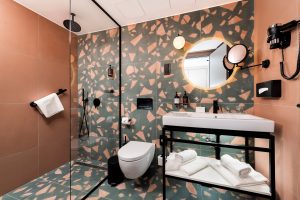
Budapest, the Spice of Central Europe embraces unique architecture; which has been the main source of inspiration for our distinctive interior design. Besides the 70 guest rooms and 4 luxury suites, The Three Corners Downtown Edition Hotel offers a complete range of 4-star services and amenities to please the most discerning traveler; be it leisure or business. Our breakfast restaurant serves an international buffet breakfast in a setting of natural daylight that overlooks the landscaped terraces and garden. The spacious lobby functions as a social HUB, with its hipster co-working space, combined with comfortable, diverse seating arrangements, and a trendy “Honesty Bar”. The “Buda” and “Pest” event rooms are a preferred venue for your board meetings, training sessions, presentations or other business needs. Enhanced by a spacious pre-function foyer and multi-purpose dining room, they are sure to fit all of your needs.


Where better to relax after a tiring day than in our Wellness center? Our guests can choose from an array of activities such as; massage, sauna or a workout session in our well equipped gym. Whether you are looking for the ideal accommodation during your next visit or a perfect venue for your business trip; our professional team is waiting to welcome you to the latest hotspot of Budapest with a Touch of Belgium Hospitality!
Promotional code for the booking period, offering guests a 5% discount on the prices on the website: ISFP2023
Booking period: 9-17 October 2023 (The hotel reserves 25 rooms until 01.09.2023.)
Payment terms: when you book, the system will send you an online payment link, through which you can pay in advance for the selected accommodation by credit card.
Cancellation policy: each reservation can be cancelled 7 days prior to arrival without penalty (the amount paid will be refunded). In case of late cancellation or no-show, the hotel will charge 1 night’s room rate.
The “26th Congress of the International Society for Fibrinolysis and Proteolysis/Plasminogen Activation and Fibrinolysis Workshop of the Hungarian Society of Thrombosis and Haemostasis” is accredited as an optional training course with code number 86770. The course is worth 18 credits, which are credited as optional points towards the qualifications listed on the OFTEX portals.
Compliant by Medtech Europe CVS
